
Skylo Launches Direct-to-Device Connectivity Using Qualcomm's Snapdragon X80 5G Modem
Innovation
Paikan Begzad
13 September 2024
13 July 2024
|
Zaker Adham
Summary
Summary
Samsung has introduced the Galaxy Ring, a sleek, AI-powered wearable designed to track activity and sleep, promoting holistic wellness.
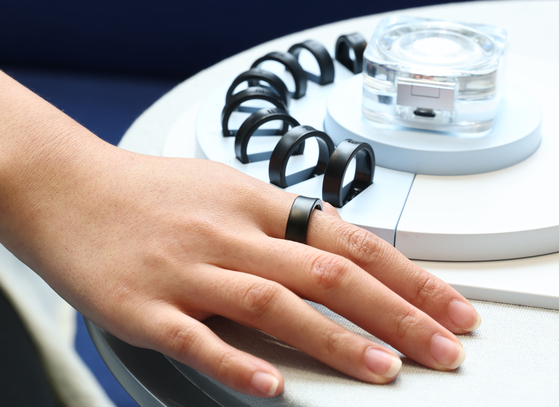
We had the opportunity to try it out and share our first impressions.
Unveiled at the Galaxy Unpacked event, the Galaxy Ring is now available for pre-order and will be in stores on July 24.
For more details from the event, check out our hands-on reviews of the Galaxy Z Flip 6, Fold 6, Galaxy Watch 7, and Watch Ultra.
The Galaxy Ring is priced at $399.99, $100 more than its main competitor, the Oura Ring Generation 3, which retails for $299.99. The ring boasts a stylish, unobtrusive design available in black, gold, or silver finishes. It comes in nine sizes (5 to 13), with a free sizing kit included with purchase.
Packed with health-tracking sensors like an accelerometer, a Photoplethysmography (PPG) sensor for blood circulation and oxygenation, and a skin temperature sensor, the Galaxy Ring monitors your physical and mental well-being during both active and sleep periods.
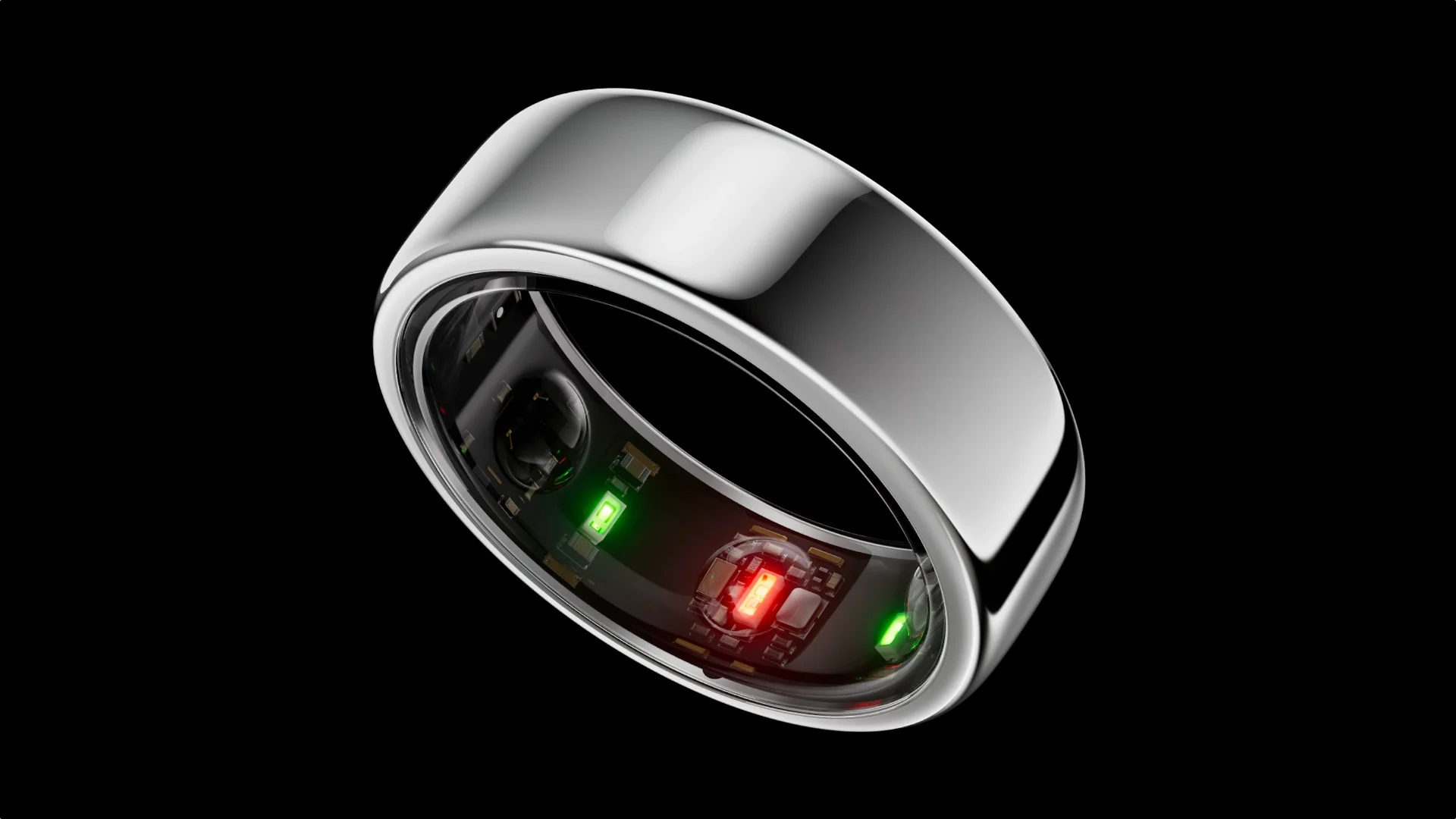
Samsung claims the ring’s battery can last up to seven days, with an additional 1.5 weeks of charge provided by the included transparent charging case. Paired with a Galaxy Watch, the battery life can extend by up to 30%. The ring features a durable grade 5 titanium finish, IP68 dust and water protection, and a 328-foot dive rating.
The Galaxy Ring’s health insights are powered by Samsung’s new Galaxy AI, which is also featured in the Galaxy Watch 7 and Ultra. Galaxy AI introduces two new metrics: Energy Score and Wellness Tips. The Energy Score evaluates your physical and mental condition on a scale from 0 to 100 based on activity and sleep data, while Wellness Tips offer personalized recommendations for improving your energy levels.
The Energy Score concept is similar to Garmin’s Body Battery metric and Apple’s Training Load feature in watchOS 11. The Oura Ring 3 also offers a readiness score and plans to introduce an AI advisor soon.
To deliver Samsung’s AI insights, the Galaxy Ring continuously tracks your activity and heart rate, sending notifications to your phone via the Samsung Health app if it detects abnormal heart rates. During sleep, it monitors various metrics such as time in bed, nighttime movement, heart rate, respiration, and sleep latency, providing a comprehensive sleep analysis.
The ring will also alert you when it’s time to move and help locate itself by flashing sensor lights if misplaced. It can track menstrual cycles and automatically logs workout information for walks and runs. However, Samsung has room to grow in activity auto-tracking compared to Oura’s 30+ detectable activities.
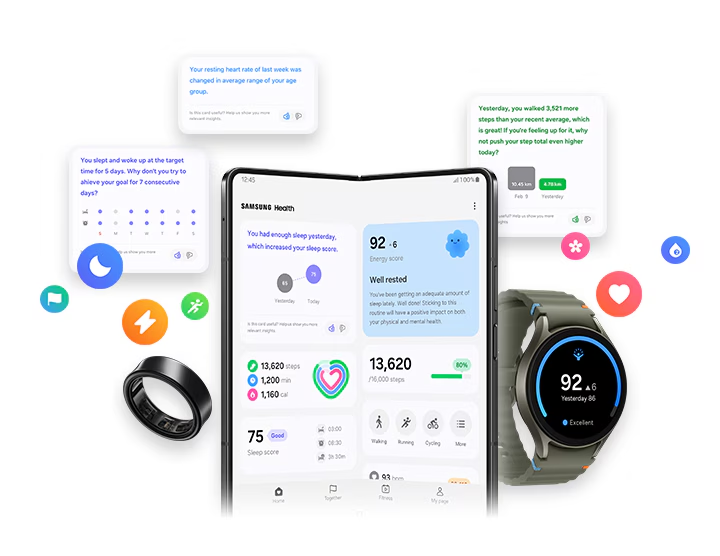
With a simple pinch gesture, you can perform phone functions like snapping a picture or silencing an alarm, similar to Apple Watch’s double tap gesture. The Galaxy Ring requires pairing with an Android phone, with some features exclusive to Galaxy phone users.
The Galaxy Ring feels light and comfortable, resembling a regular ring when worn. The sensors, located on one side, are unnoticeable when worn but ensure proper alignment in the charger. The charging case includes an indicator light for charging status, and a small exterior mark on the ring helps with correct orientation.
The sizing kit, available for $10 (credited back upon ring purchase), includes hardened rubber samples for an accurate fit recommendation. Samsung suggests a snug fit for optimal performance.
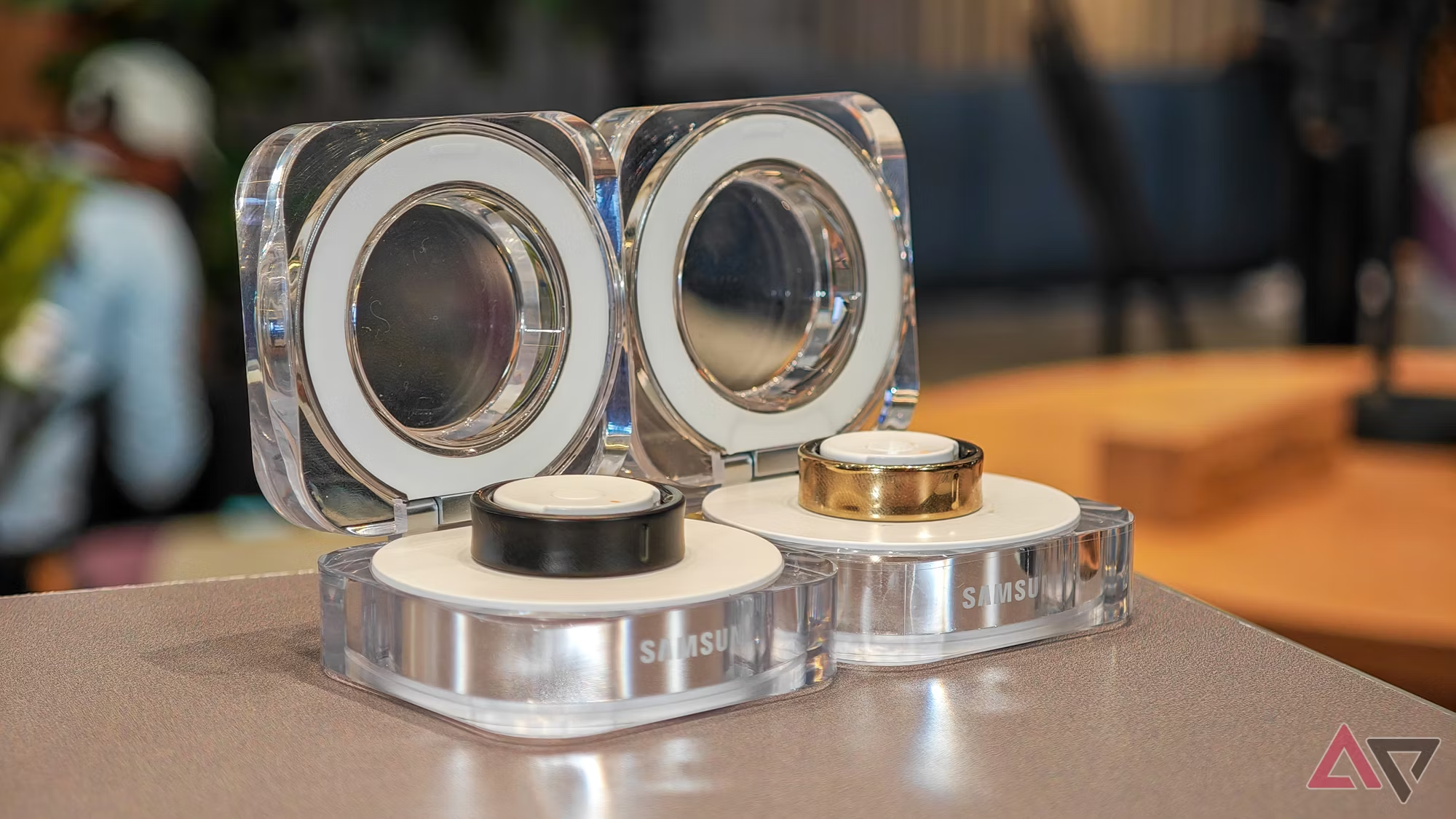
As the first smart ring from a major tech company, the Samsung Galaxy Ring aims to bring mainstream appeal to the niche market. While Oura remains the leader with regular updates to its Gen 3 Ring, Samsung’s success will depend on how effectively Galaxy AI can provide valuable health insights to justify its higher price.

Innovation
Paikan Begzad
13 September 2024
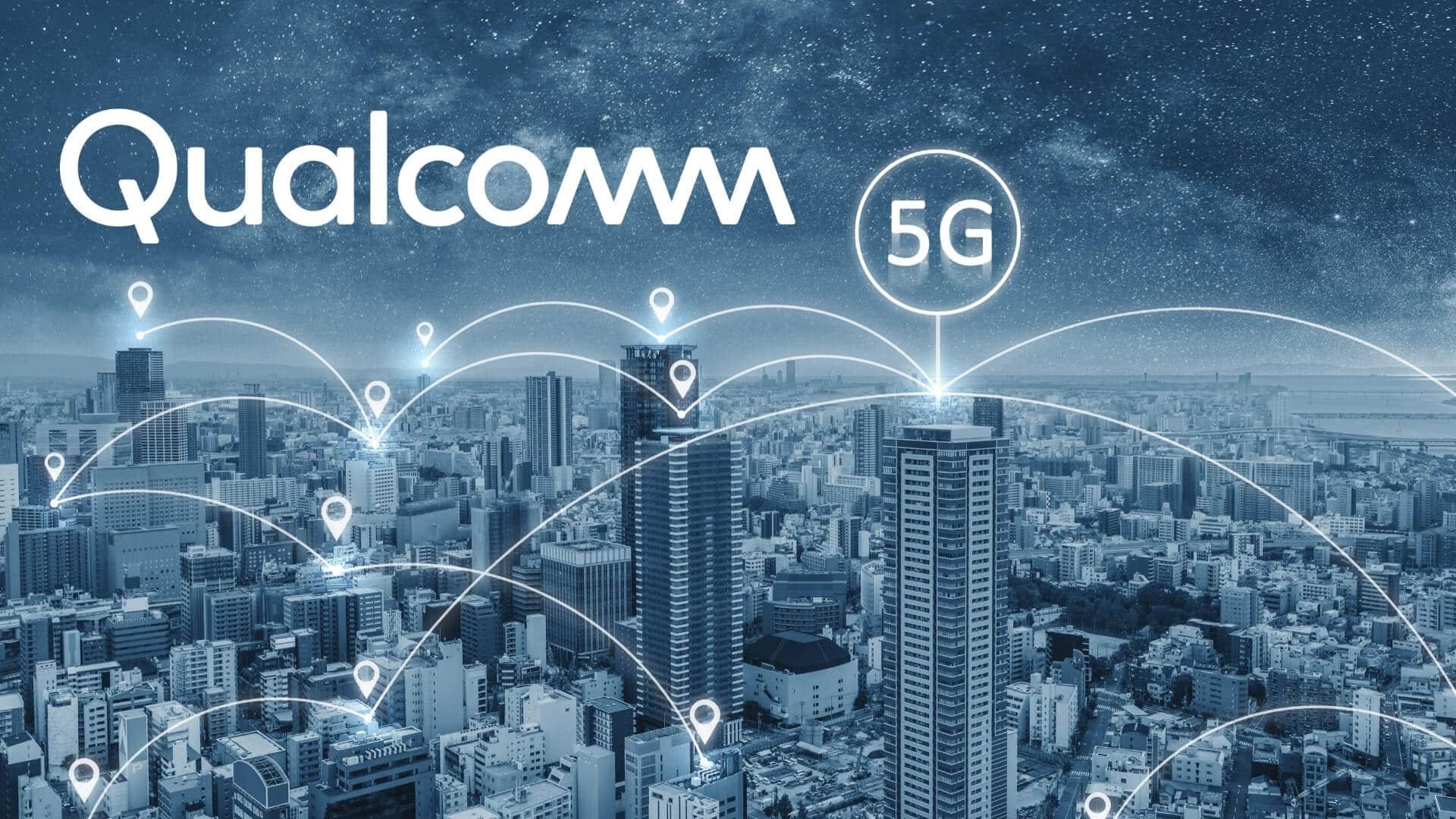
Innovation
Paikan Begzad
13 September 2024
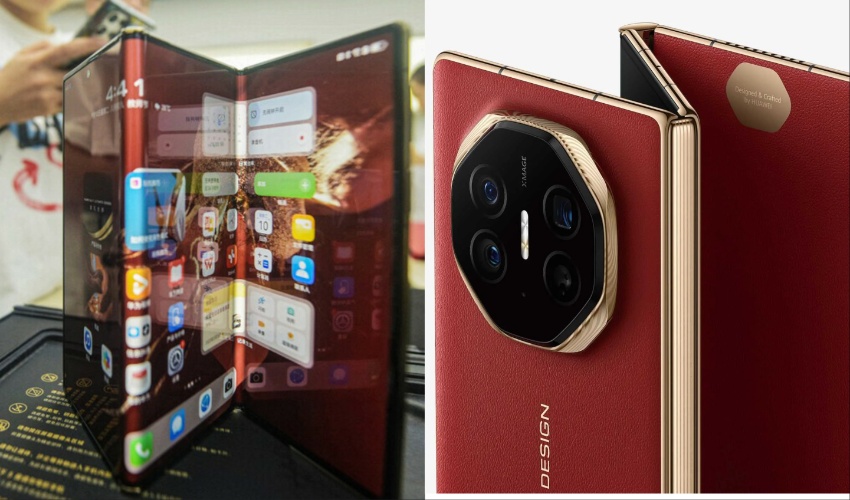
Innovation
Paikan Begzad
10 September 2024
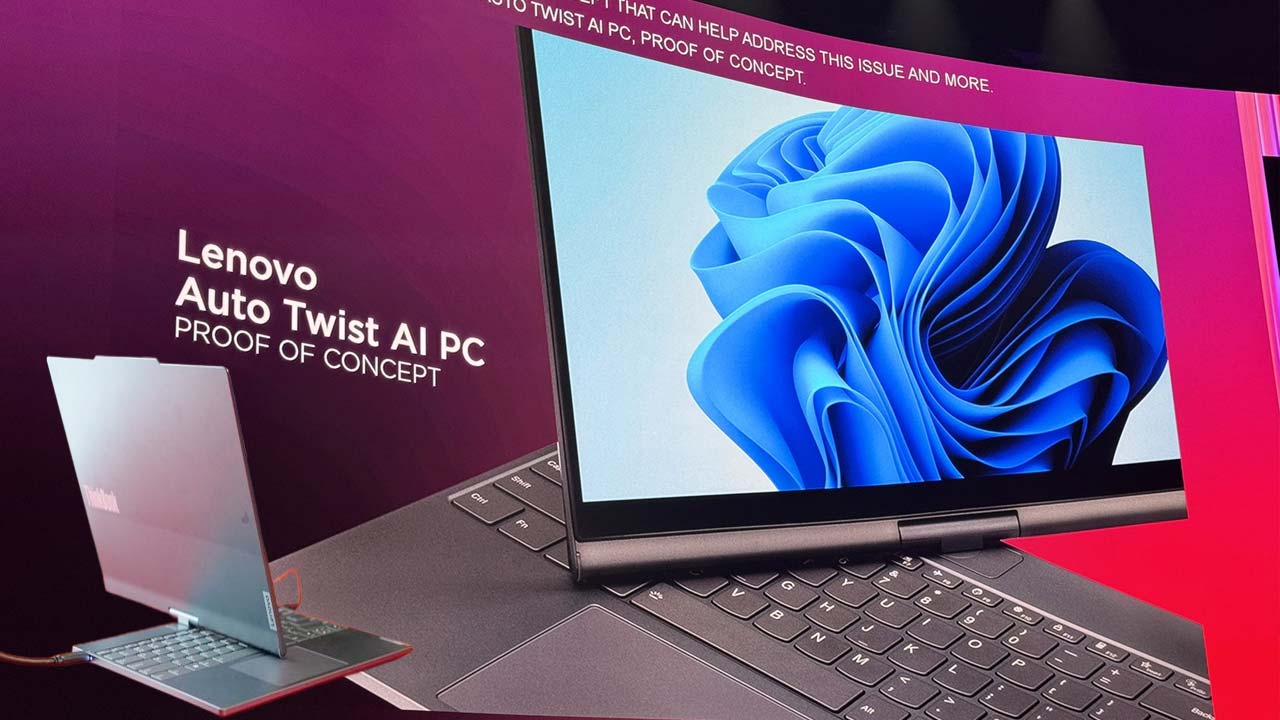
Innovation
Paikan Begzad
08 September 2024